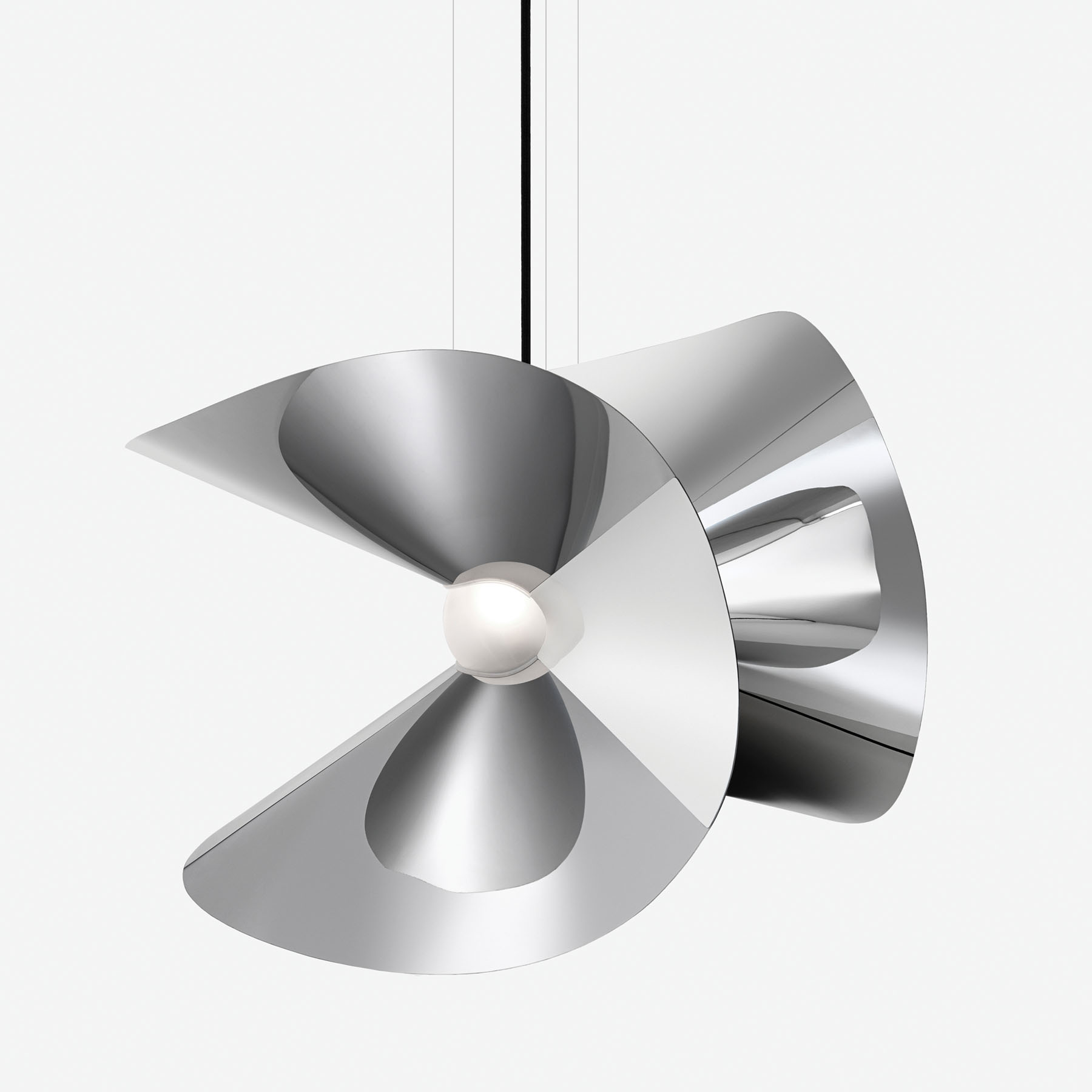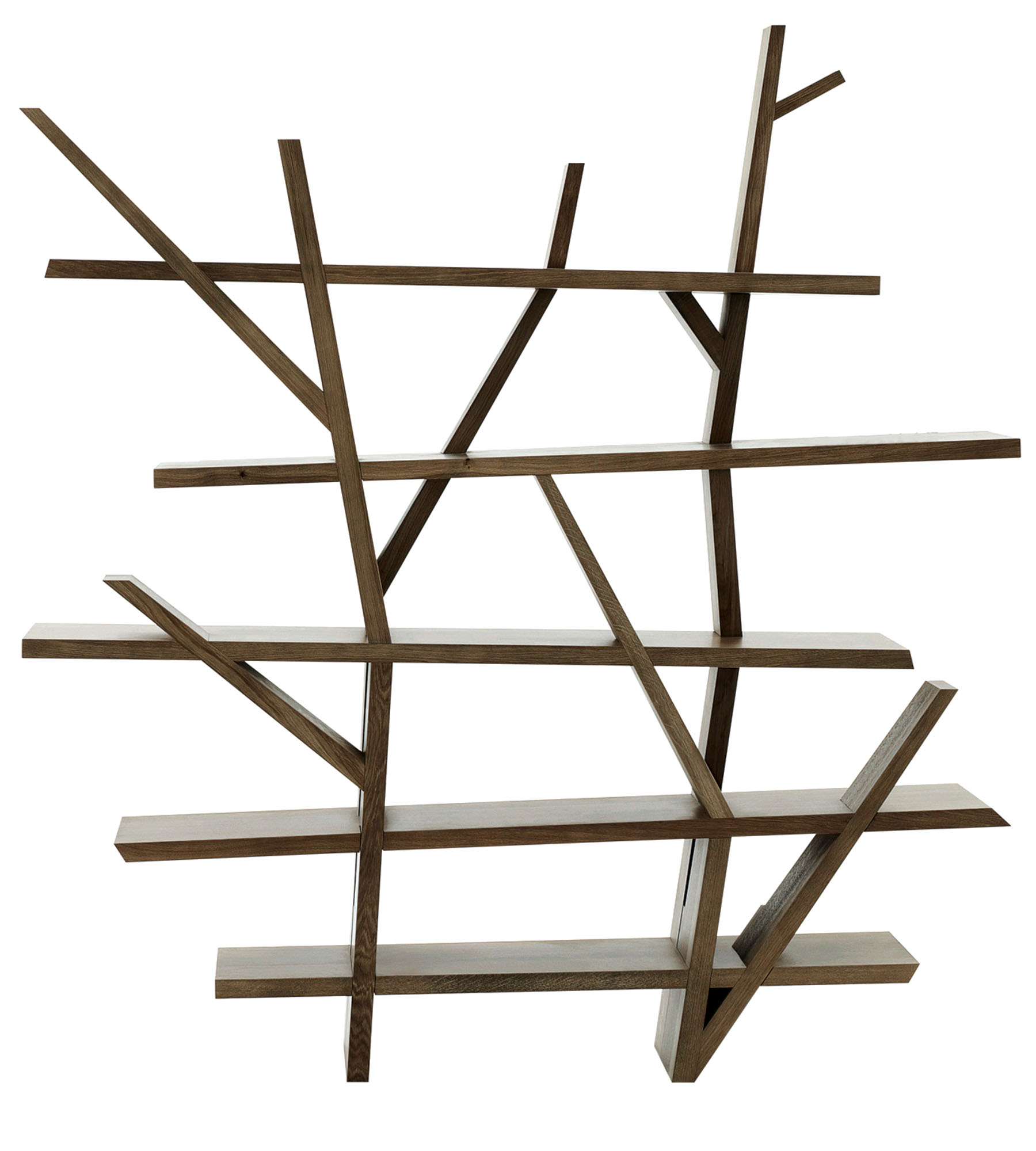It is no surprise that Roche Bobois has stayed true to its motto — art de vivre (the art of living). The iconic French retailer has been on the forefront of modern design for more than 65 years. With 250-plus showrooms around the world — including the more recent openings in Tokyo, Singapore, Jakarta and Sofia, Bulgaria (in Canada, there are stores in Vancouver, Calgary, Toronto and four in the province of Quebec) — the brand’s ultra-stylish pieces have become a mainstay in design-chic homes-away-from-home, such as The Langham in New York, Palazzo Ridolfi in Florence, and Hôtel Version Maquis Citadelle in Corsica. But it is Roche Bobois’s commitment to collaboration and innovation that solidifies the company’s reputation as a designer favourite in today’s fickle and ever-changing world of décor.
Roche Bobois itself is an amalgamation of two noted design families — the Roches and the Chouchans, who were selling furniture at Au Beau Bois (a name that later evolved into Bobois) — who bonded over their shared appreciation of mid-century design. It was at the Copenhagen Furniture Fair in 1960 that Philippe and François Roche met brothers Patrick and Jean-Claude Chouchan, and the decision was made to combine their resources to import Scandinavian design to Paris. However, it wasn’t until 1971 that Roche Bobois experienced its first major design milestone, courtesy of the Mah Jong modular sofa.
Conceived by German designer Hans Hopfer, it was based on freedom of function and form and tossed out all the rules of formal living furniture. The three basic elements of the Mah Jong — seat cushions, straight backs and corner or lounge chair units — can be combined or stacked, allowing for a limitless number of custom combinations. “At that time, this low-seat sofa was very popular, very hippie chic,” says Gilles Bonan, CEO of Roche Bobois. Adaptable to any space, the Mah Jong’s relaxed take on a luxury product continues to resonate today. “It’s still the number one selling item for Roche Bobois all over the world,” he notes. “It’s really a timeless product.”
But this wasn’t always the case. Experiencing slow sales in the ́90s, the brand decided to collaborate with the world’s top fashion houses in the hopes of rejuvenating the Mah Jong. “We were kind of pioneers because design and decoration companies didn’t work with fashion at that time,” explains Bonan. “We saw clear links between fashion and design. [Both are] influenced by trends, by the changes in society and, of course, we have many things in common — fabrics [and] colours, the emotion, modernity, creativity. For me, [all that is] part of the same world.”
Roche Bobois’s first alliance was with Paris- based Kenzo, a men’s and womenswear luxury brand. Soon after, other fashion collaborations followed — with Missoni, Jean-Paul Gaultier, Sonia Rykiel and, in fall last year, with Kenzo Takada, who founded Kenzo in 1970 but retired prior to the marque’s initial collaboration with Roche Bobois. Signature Roche Bobois designs include the Zephyrus sideboard, a sapphire blue butterfly-like piece that looks like it was transported from an episode of Star Trek, and the award-winning elegant Ora Ito dining table, a textbook example of fluid modernity.
Another nod to the company’s commitment to innovative design is its contribution to sustainable product development. Roche Bobois’s first eco-minded piece was the Legend bookcase created by Christophe Delcourt 11 years ago. “At that time, eco-conception was not really popular,” recalls Bonan. “We were kind of extremists in our respect of the environment.” The bookcase was designed without any internal hardware and used a water-based varnish to treat the wood, which was sourced from a sustainable forest in Burgundy. Roche Bobois has since created other eco-friendly products, such as the glass Diapo dining table and the modular Edge 2 Composition bookcase. It even developed its own criteria, ECO8, to minimize the environmental impact of its operations from start to finish by using sustainable and recycled materials, and natural finishes like oils or waxes instead of polyurethane varnishes, and maximizing product durability and recyclability.
A recent accomplishment of note is the 2017 opening of La Galerie Roche Bobois in Monaco. Conceived as an exhibition space rather than a retail store — an on-trend way to showcase merchandise — the gallery highlights some of the brand’s signature pieces alongside the work of other artists, such as the photographers behind Studio Harcourt, a hush-hush portrait studio in Paris devoted to the rich and famous. It’s this ethos of artistic creativity that informs the uniquely playful side of Roche Bobois.
“People just want to enjoy their interiors, for them to be comfortable, creative, colourful,” says Bonan.
Consider that mission accomplished.
By Caitlin Agnew – *This article originally appeared in INSIGHT: The Art of Living | Fall 2018







